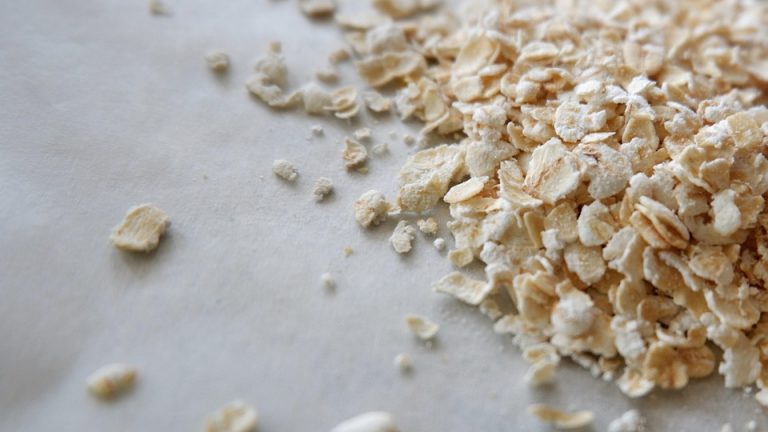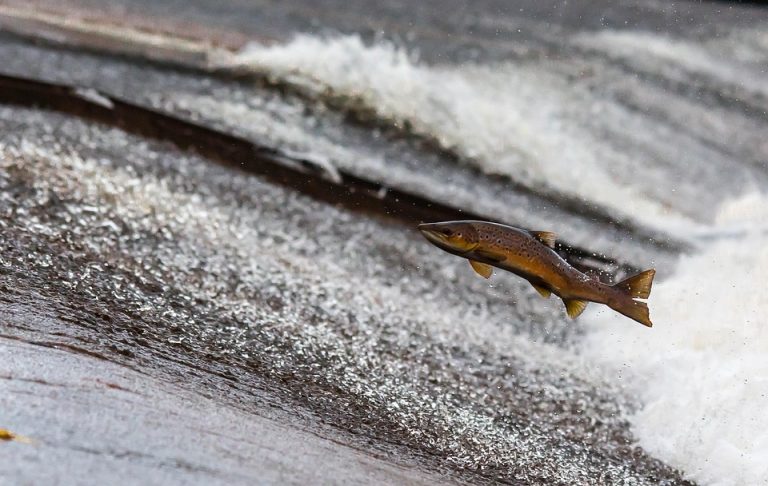Contents
Have you ever reached for a snack during a long day, only to find yourself staring at a bag of chips or a candy bar? Let me tell you, there’s a hidden gem in the world of snacking that can give you a natural boost in stamina: raisins. Yes, those tiny dried fruits often overlooked in the snack aisle pack a punch when it comes to fueling your body. In this article, we’ll explore five surprising ways raisins can enhance your stamina and help you power through your day, whether you’re hitting the gym or just trying to keep up with life.
1. Nutrient-Dense Energy Source
Raisins are essentially concentrated sources of energy. One small serving can provide you with a significant amount of carbohydrates, which are your body’s primary fuel source. For instance, just a quarter-cup of raisins contains about 108 calories and 29 grams of carbohydrates. That’s pretty impressive for such a small snack!
The Science Behind It
The carbohydrates in raisins are primarily natural sugars—fructose and glucose—which are easily digestible and rapidly absorbed into the bloodstream. This means that when you munch on some raisins, you’re not just getting a quick sugar rush; you’re providing your body with a steady source of energy.
A study published in the Journal of the International Society of Sports Nutrition suggests that carbohydrate-rich snacks can enhance performance during endurance activities (Burke et al., 2011). So, if you’re gearing up for a workout or a long day, consider packing some raisins for a natural energy boost.
Pros and Cons
Pros: Convenient and portable, raisins can be a quick source of energy without the added sugars and preservatives found in many processed snacks.
Cons: Portion control is key. It’s easy to overindulge, and consuming too many raisins can lead to excess calorie intake.
2. Rich in Antioxidants
Did you know that raisins are chock-full of antioxidants? These compounds help combat oxidative stress in your body, which can be particularly beneficial during intense exercise sessions.
What Are Antioxidants?
Antioxidants are substances that neutralize free radicals—unstable molecules that can cause cellular damage, leading to fatigue and other health issues. Raisins contain several types of antioxidants, including flavonoids and phenolic acids, which have been linked to improved endurance and recovery (Rosenblat & Aviram, 2006).
The Benefits for Stamina
By reducing oxidative stress, raisins can help you recover faster from strenuous activities. This means you’ll be able to train harder and longer without feeling bogged down by fatigue.
Pros and Cons
Pros: Antioxidants can enhance recovery and overall health, making raisins a smart choice for athletes and active individuals.
Cons: While raisins are beneficial, they shouldn’t be your only source of antioxidants. A varied diet rich in fruits and vegetables is essential for optimal health.
3. Natural Electrolyte Balance
If you’ve ever experienced muscle cramps during a workout, you know how crucial it is to maintain electrolyte balance. Raisins can help with that!
Why Electrolytes Matter
Electrolytes, like potassium and sodium, are vital for muscle function and hydration. Raisins are particularly high in potassium—just one serving contains about 320 mg, which is about 7% of the recommended daily intake.
How This Affects Stamina
By helping to regulate fluid balance and muscle contractions, potassium can prevent fatigue and cramps. A study from the American Journal of Clinical Nutrition found that adequate potassium intake is associated with improved muscle function (Watanabe et al., 2013). So, snacking on raisins can be a smart way to maintain your energy levels during physical activity.
Pros and Cons
Pros: Raisins can be a natural and tasty way to replenish electrolytes, especially during long workouts.
Cons: If you’re on a low-potassium diet, be cautious about your intake. Always consult with a healthcare provider if you have concerns.
4. Boosting Iron Levels
If you’ve ever felt sluggish or fatigued, it might be due to low iron levels. Fortunately, raisins can help boost your iron intake.
The Importance of Iron
Iron is essential for transporting oxygen in your blood. Without adequate iron, your body can’t effectively deliver oxygen to your muscles, leading to fatigue and decreased stamina. Raisins contain about 1.5 mg of iron per serving, which can contribute to your daily needs.
The Connection to Stamina
Research published in the American Journal of Clinical Nutrition indicates that iron deficiency can significantly impair exercise performance (Beard, 2001). By incorporating iron-rich foods like raisins into your diet, you might just find that your stamina improves.
Pros and Cons
Pros: Raisins are a simple way to add iron to your diet, especially for vegetarians or those who may struggle to get enough from other sources.
Cons: If you’re relying solely on raisins for iron, you may miss out on other essential nutrients. Balance is key.
5. Digestive Health for Better Performance
Believe it or not, your gut health plays a significant role in your overall stamina. Raisins are a great source of dietary fiber, which can aid digestion and keep your energy levels steady.
The Role of Fiber
Fiber helps regulate your digestive system, ensuring that nutrients from your food are absorbed effectively. Raisins contain about 1.5 grams of fiber per serving, which can contribute to your daily fiber intake.
The Energy Connection
Maintaining a healthy digestive system means that your body can utilize the energy from food more efficiently. A study published in the Journal of Nutrition found that fiber intake is linked to better energy levels and overall health (Slavin, 2013). So, by snacking on raisins, you’re not just satisfying your sweet tooth; you’re also supporting your body’s ability to perform at its best.
Pros and Cons
Pros: Fiber can help keep you full and satisfied, reducing the temptation to reach for less healthy snacks.
Cons: Too much fiber at once can lead to digestive discomfort, so it’s important to increase your intake gradually.
FAQs
1. How many raisins should I eat for stamina?
A small handful—about a quarter-cup—can be a great starting point. It provides a good balance of energy without overdoing it on calories.
2. Can raisins help with muscle recovery?
Yes! Thanks to their antioxidant content, raisins can aid in recovery by reducing oxidative stress in your muscles.
3. Are there any downsides to eating raisins?
While raisins are healthy, they are high in sugar and calories. Moderation is key to avoid excess intake.
4. Can I use raisins as a pre-workout snack?
Absolutely! Their quick-digesting carbohydrates make them an excellent choice for a pre-workout energy boost.
Conclusion
Raisins may seem like a simple snack, but their benefits for stamina are anything but ordinary. From providing a concentrated source of energy to supporting digestive health and replenishing electrolytes, these tiny fruits pack a big punch. So next time you’re reaching for a snack, consider the humble raisin. Not only can it help you power through your day, but it might just make your workouts more effective, too.
Remember, while raisins are a great addition to your diet, balance is essential. They’re most effective as part of a varied diet rich in other fruits, vegetables, and whole grains.
Lastly, always listen to your body and consult with a healthcare provider if you have specific dietary needs or restrictions.
This article is for educational purposes only and is not a substitute for professional medical advice. Always consult a qualified healthcare provider before making changes to your health routine.
References
-
Beard, J. L. (2001). Iron biology in immune function, muscle metabolism, and neuronal functioning. American Journal of Clinical Nutrition, 69(1), 1-16. https://doi.org/10.1093/ajcn/69.1.1
-
Burke, L. M., et al. (2011). Carbohydrate intake during exercise: is it beneficial? Journal of the International Society of Sports Nutrition, 8(1), 1-8. https://doi.org/10.1186/1550-2783-8-1
-
Rosenblat, M., & Aviram, M. (2006). Antioxidant properties of raisins and their role in preventing oxidative stress in the body. Journal of Agricultural and Food Chemistry, 54(15), 5637-5645. https://doi.org/10.1021/jf060564u
-
Slavin, J. L. (2013). Fiber and prebiotics: mechanisms and health benefits. Nutrients, 5(4), 1417-1435. https://doi.org/10.3390/nu5041417
-
Watanabe, T., et al. (2013). Dietary potassium and the risk of cardiovascular disease: a review of the evidence. American Journal of Clinical Nutrition, 98(5), 1191-1199. https://doi.org/10.3945/ajcn.113.065199
Get Your FREE Natural Health Guide!
Subscribe now and receive our exclusive ebook packed with natural health tips, practical wellness advice, and easy lifestyle changes, delivered straight to your inbox.




